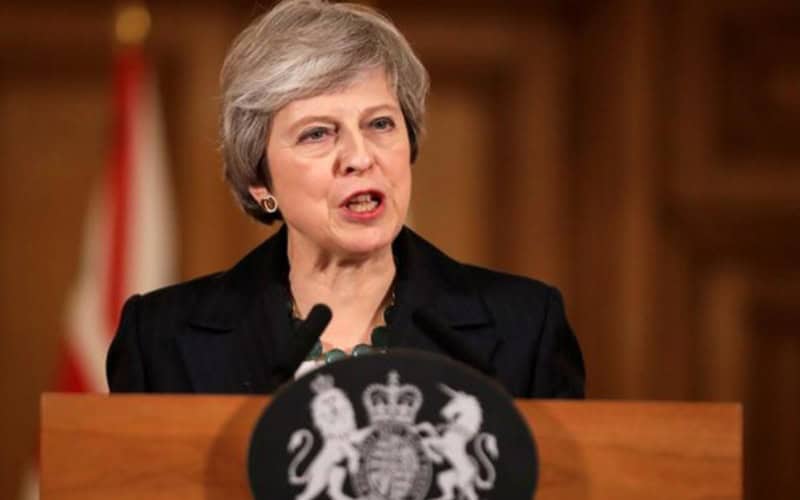London: Three British cabinet ministers have signalled that they will back plans to delay Brexit if MPs vote down Prime Minister Theresa May’s proposal for a new deal with the European Union.
Ahead of the vote in the Commons, Amber Rudd, David Gauke and Greg Clark said on Friday they were prepared to defy May unless there was a parliamentary breakthrough on her deal, the Daily Mail reported.
Downing Street said the trio’s views on no deal were “scarcely a secret”.
“The Prime Minister is working hard to ensure we get a deal with the EU that allows us to deliver on the result of the referendum. That is where the Cabinet’s energy should be focused,” Number 10 said in a statement.
Writing in the Mail, the cabinet ministers warned that a no-deal departure would wreck the economy, put the defence in jeopardy and risk the break-up of the UK. They expressed the hope that Parliament agrees a deal “in the next few days”.
“If there is no breakthrough in the coming week, the balance of opinion in Parliament is clear — it would be better to seek to extend Article 50 and delay our date of departure rather than crash out of the EU on March 29,” they said.
Earlier this week, three Tory Remainer MPs resigned from the Conservative Party to join eight former Labour Party MPs in a breakaway Independent Group. These lawmakers said the government’s handling of Brexit had been “disastrous” as no genuine effort had been made to build consensus.
They said the Conservative Party stopped reflecting the values and beliefs they and millions throughout the UK shared.
The UK government has repeatedly refused to rule out the possibility of the country leaving without a formal deal, which will happen if May is unable to get MPs approve the deal she negotiated with Brussels in time.
MPs will debate Brexit again next Wednesday and are expected to consider an amendment tabled by former Tory minister Oliver Letwin and Labour’s Yvette Cooper to give Parliament the opportunity to delay Brexit and prevent a no-deal situation if there is no agreement with the EU by the middle of March.
[source_without_link]IANS[/source_without_link]

